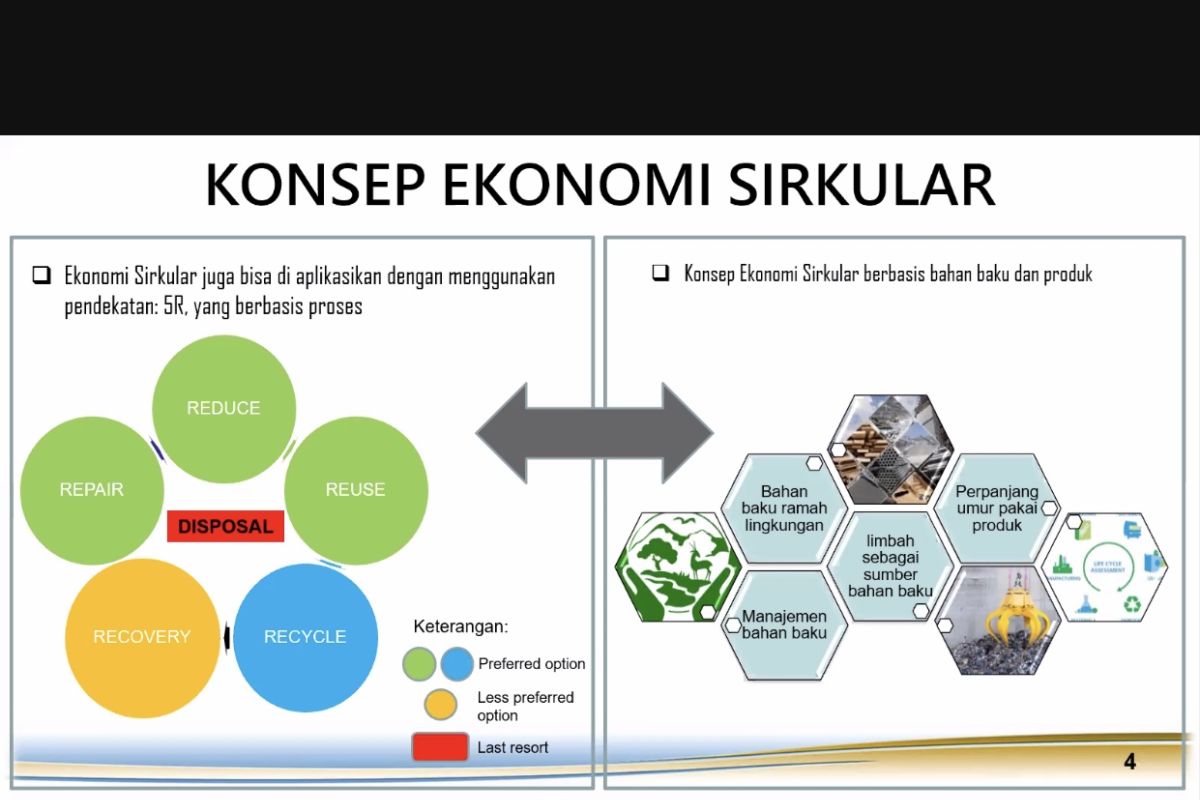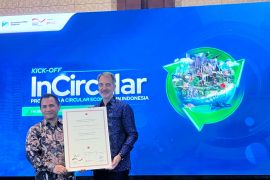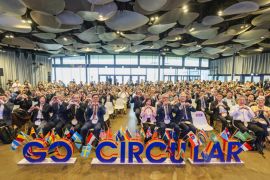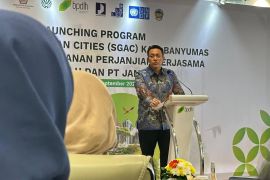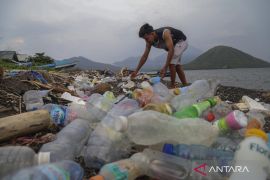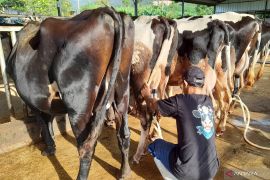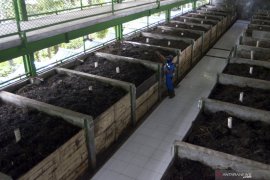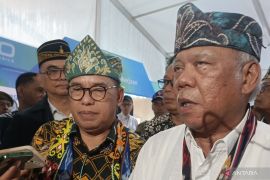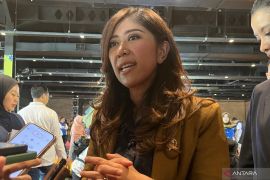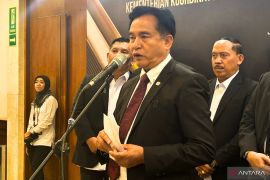The G20 youth meeting, known as Youth 20 (Y20), discussed several priority areas, including youth employment, digital transformation, diversity, and inclusion, and especially about a sustainable and livable planet that requires strategic steps, such as a circular economy, which is based on sustainable production and consumption.
"It is not always easy. Environmental damage occurs at a faster rate than solutions. We must consider how to expedite the solution. Most importantly, we must believe that by working together, we can affect change," CEO and Founder of Waste4Change Mohammad Bijaksana Junerosano noted through a press statement obtained by ANTARA here on Monday.
Junerosano remarked that currently, the world's population reaches 7.9 billion. If the global community wants change without resorting to violence, then they must be able to persuade four percent of the population. It means that 10 million people in Indonesia need to be convinced about the benefits of circular economy.
Regarding the implementation of the circular economy, Alesya Krit from the Center of Competence for Climate Change, Environment and Noise Protection at Aviation Hessen highlighted the importance of thinking locally in order to promote sustainable consumption.
"We must think locally and adapt (the solution) to the destination area's social and cultural dimensions. Thereafter, develop a normative perspective and invite coworkers, friends, and residents to become acquainted with a new mindset. For instance, the TikTok challenge," Krit noted during the Y20 Indonesia Third Pre Summit talk show.
Meanwhile, Joi Danielson, who is a partner at Systemiq, emphasized the need to focus on consumption patterns before discussing the circular economy. She noted that humans, fearful of scarcity, tend to consume more than necessary. She remarked that in a consumption-based economy, the more consumed, the higher the GDP.
Related news: Committee strives to disseminate implementation of Y20 Pre-Summit III
"As a result, our system is based on excessive consumption. We can persuade people to consume only what they require if we can make them feel they have enough. With this, we can begin to break the consumption cycle," she elaborated.
Another speaker, Ke Wang, who is program lead at Platform for Accelerating Circular Economy, also agreed with Danielson's statement. Ke Wang stated that raising people's awareness of the circular economy could not only lead to a change in habits but also a change in policy.
"This is because politicians pay attention to the people's needs. However, public awareness of the circular economy remains low. This is where young people can make a difference. The younger generation has demonstrated that they are critical in raising public awareness of
climate change," Ke Wang explained.
Related news: East Kalimantan ready to host Youth 20 Pre-Summit III
Reporter: Katriana
Editor: Rahmad Nasution
Copyright © ANTARA 2022
